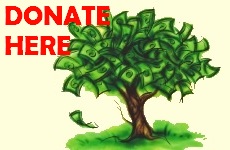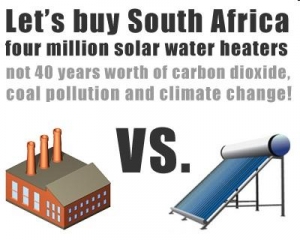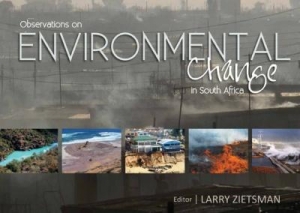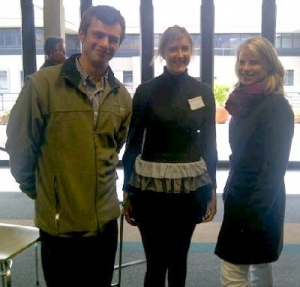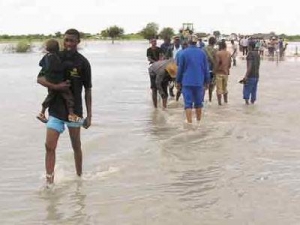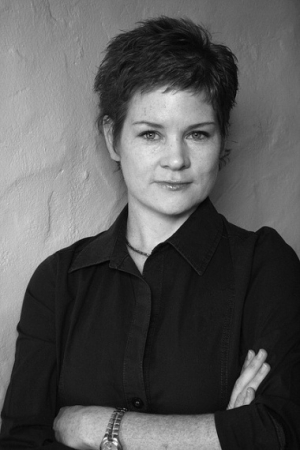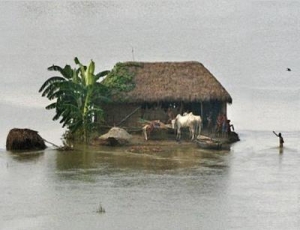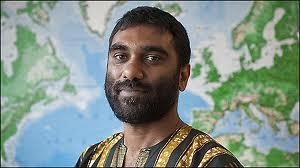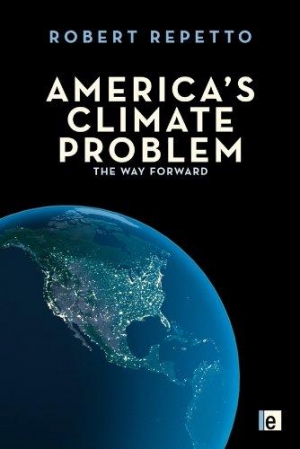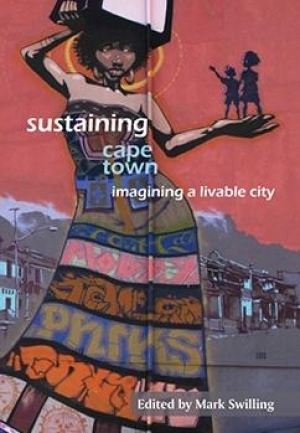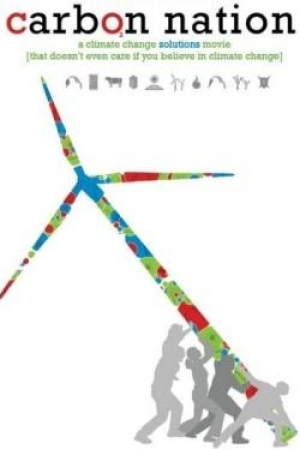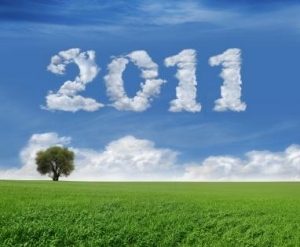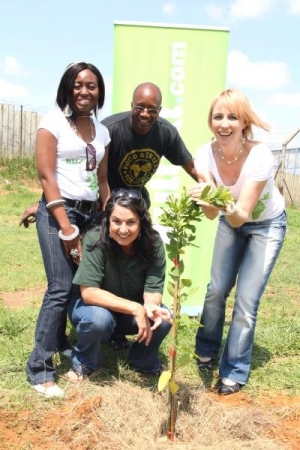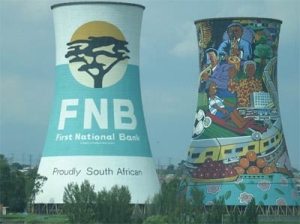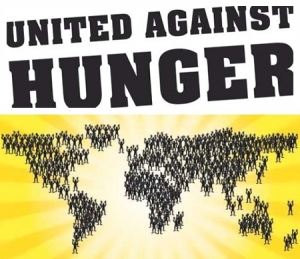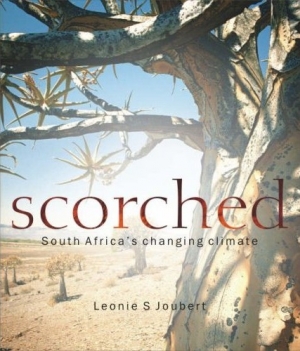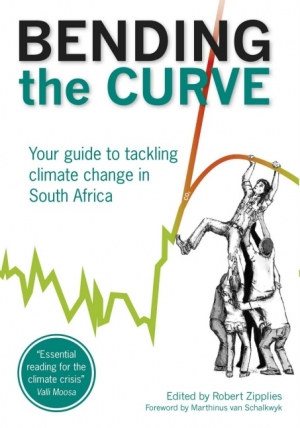In what might be described as a happy coincidence, or synchronicity, a meeting between a South African delegation member and a United Nations Senior Climate Change Co-ordinator took place in Bavaria, Germany this week.
The German NGO InWent (Capacity building International) hosted delegates from South Africa and Indonesia this week, ending on Friday, 15th, as the kickoff workshop on their year long Climate Leadership programme. Held at their headquarters in Feldafing, this process brought together some 40 delegates from both countries, comprising Government, Civil society and business.
South Africa is warming up three times faster than the rest of the world. While there is currently furious debate about South Africa's energy development path, the country continues to be perceived as one of the world's biggest coal-based economies. Relative to our size, we contribute far more than most countries to climate change.
Governments recognize that they need to speed up and scale up their efforts to combat climate change and they know that negotiations this week in Panama are important to prepare the ground for the next successful step towards that goal in Durban, the UN climate change chief said.
'During this year, governments have been steadily building the pillars that will support the next chapter of the global climate regime. They have recognized very clearly that the current level of effort is not enough and they have realized that it is important to increase both the level of emission controls on greenhouse gases as well as the capacity of countries to adapt to climate change,€ said Christiana Figueres, Executive Secretary of the United Nations Framework Convention on Climate Change (UNFCCC).
What climate changes have happened so far in SA? Where is all this heading? This is beautifully illustrated in a coffee table type landmark publication recently launched in Stellenbosch: 'Observations on Environmental Change in South Africa,€ was published by Sun Media for the South African Environmental Observation Network (SAEON) with funding from the Department of Science and Technology and edited by Larry Zietsman.
'The cost of addressing climate change is manageable, but the cost of not doing so is unaffordable,€ said Yvo de Boer, former Executive Secretary of the United Nations Framework Convention on Climate Change. This was mentioned during a Carbon Literacy course conducted by Adam Green from Global Carbon Exchange (GCX), which I attended this week.
I€™m woken by the sound of rushing water. I get up and hang out of the window. A river rushing by? Indeed.
I have lived on dry river banks for many years, so it€™s a sound I know well. But now we€™re in a suburb of Windhoek. It€™s cool and damp and you might think you were in a Cape Town winter, as it never seems to stop raining. Yet this is March and Windhoek is the capital of the driest country in the Sahel.
You might think global warming is something happening elsewhere in the world and that we’re just having a drier/wetter summer than usual, depending on where you live in southern Africa.
The implications of climate change on development make both mitigation and, in particular adaptation, essential to responding to the impacts of climate change. Policy makers have recognised the need to integrate climate change adaptation into all spheres of public policy-making.
'People still talk about environmental change as if it is going to affect us further along the way. In 2008, 300 000 lives were lost as a direct impact of climate change. The lives being lost in Darfur is partly thanks to desertification.€ So said Dr Kumi Naidoo at the Local Climate Solutions for Africa 2011 congress. He refers to the consequences as €˜catastrophic€™ if we don€™t get emissions to peak by 2015. 'Those who make the greatest contributions, carry the greatest responsibility. We are not asking for charity, we are asking for a climate change debt to developing countries.€ Naidoo does not just want us to secure the planet for ourselves, but for our children and grandchildren too.
What America does - or fails to do - in the next few years to solve the problem of climate change will largely determine the fate of the earth and humanity for centuries to come.
A leading environmental economist, Robert Repetto, author of America's Climate Problem The Way Forward, sets out steps to accelerate clean energy transition, overcome obstacles to adaptation, and strengthen international cooperation on climate stabilization.
An important new green book has arrived at the right time from the Stellenbosch University€™s sustainability stable, edited by Prof. Mark Swilling.
Sustainable development in a city where everything is moving and changing at a tremendous pace is not a challenge for the faint-hearted. The harsh reality is that Cape Town is going through an extraordinarily rapid urban growth and transformation process which will have far-reaching consequences if not managed properly.
When it comes to global warming, we all know that there€™s a problem. We€™re past the point of theories and projections. Things are happening in our world right now that hammer this point home. Epic end-of-the-world draughts and floods are currently ravaging cities in Australia, Brazil, Sri-Lanka & South Africa. 53 of our glaciers have already disappeared, and important ice caps like Mount Kilimanjaro are melting away right now, with disastrous consequences.
It's a new year, with intensified challenges and we are more determined than ever to translate green talk into profound green action. So we propose for the year a 12-step programme for greening our lives. I have much respect for the famous programme whose name we€™re borrowing here, and honour all those brave souls who have and are reforming themselves this way.
A green reformation is indeed what we need. Crises always contain incredible opportunities, which bring out the best in people. My daughter in Brisbane is moved by the spirit with which everyone is volunteering their time and helping those in lower-lying areas. The details are horrendous €“ read her story next time. It€™s almost as if the human spirit thrives on such moments of being truly awake and in-the-moment, when we drop all other petty concerns and get stuck in with what€™s essential and important.
kulula€™s Project Green programme, which aims to combat the atmospheric carbon loads and greenhouses gases released by its aircraft, has raised R1 million to support greening and mitigate climate change through Food & Trees for Africa (FTFA).
By February 2009 Project Green had planted 2009 trees. Now, thanks to the thousands of kulula fans who contributed money every time they flew, thousands more trees and hectares of bamboo are being planted for disadvantaged communities throughout South Africa this year.
Johannesburg, 15 September 2010. First National Bank (FNB) Credit Card and Cheque account divisions in collaboration with Food & Trees for Africa (FTFA) are today planting 570 trees in the Lehae community in Soweto.
Since 1981, World Food Day is celebrated on October 16th of every year to raise awareness of the issues behind poverty and hunger. The facts are still shocking: According to the 2010 Global Hunger Index 925 million of the world's population do not have access to sufficient food and drinking water. Consequently, every day 24.000 people die of hunger. To showcase and explain existing policies that can help solve this tragic global failure, on World Food Day 2010 the Hamburg-based World Future Council Foundation will launch a new €Agriculture and Food€ section on their policy solutions website www.futurepolicy.org.
Prolonged drought, aseasonal cold spells and extreme temperature highs in occasional years all negatively impact farmers by reducing agricultural production through a loss of livestock or crops. What then, are the possible impacts of global climate change; which predicts temperature increases of between ~ 2 to 4oC and more variable rainfall by the end of the 21st century?
"Scorched" is a vivid journey through southern Africa's mesmerising landscapes as climate change sets in. It wanders through the KwaZulu-Natal Midlands to capture the last faltering calls of a rain frog that was named after the hobbit Bilbo Baggins. The author pauses for thought following an elephant stampede to consider how savannahs might shift in an altered climate. She trails the wading birds of the West Coast into the high Arctic tundra for their annual breeding season before returning to a Cape which is crisping over as drought continues to grip the province. Another world exists somewhere beyond the global politicking of super powers and petrostates. This is the place where a solitary bee continues to pollinate the pale, demure flower of an orchid near Darling, or where the limey coral skeleton hosts its colourful algae on a Sodwana reef.
The science is indisputable €“ climate change is a reality. Our lives will change irreversibly as we begin to adapt to these changes and as government, business and individuals begin to dramatically cut emissions to avoid catastrophic climate shifts. While these changes might create uncertainty and some anxiety, they herald a tremendously exciting era of transition, where our generation gets to redesign how we do everything.
My name is Gaia. I have a kiss as gentle as butterfly eyelashes and a bite as deep as the jaws of a lioness in the soft neck of a young impala. When you feel your feet each time they touch the earth, and you walk across plains and mountains until sweat pours down your limbs, making small rivers run through the dust on your body, and your eye takes in the millions of singing blades of grass, and your fingers stroke them gently, changing the way that the light paints each soft blade, then you are tracing the surface of my body, touching lightly the patterns of my hair.'
So starts the foreword by Sally Andrew in her book The Fire Dogs of Climate Change €“ An Inspirational Call to Action.

